2023 marks a significant year for Executive Condos (ECs) in Singapore as they continue to offer a middle ground between public and private housing for aspiring homeowners. To qualify for an EC this year, applicants must satisfy the Housing & Development Board's (HDB's) eligibility criteria, which include being first-time flat owners, not exceeding the income cap of S$14,000 for households, and meeting citizenship or permanent resident (PR) status requirements that vary based on family composition. Applicants must also comply with financial guidelines like the Total Debt Servicing Ratio (TDSR) and Mortgage Servicing Ratio (MSR). ECs are designed for middle-income families, with larger units available for higher-income households, and come with financial assistance options like the CPF Housing Grant (CHG) and Proximity Housing Grant (PHG). The market for ECs in 2023 is dynamic, with tightened loan-to-value (LTV) ratios and a need to assess various mortgage products carefully. Additionally, buyers must adhere to the Minimum Occupation Period (MOP) rule, which mandates residence in the EC for at least five years before it can be sold. Prospective EC buyers are encouraged to stay updated on the latest regulations and market conditions to make informed decisions and ensure long-term financial planning.
2023 marks a significant year for prospective homeowners in Singapore as the Executive Condominium (EC) scheme continues to offer a pathway to property ownership. This article delves into the comprehensive eligibility requirements that Singaporeans must satisfy when applying for an EC in the current year. From understanding the unique characteristics of ECs in 2023 to grasping the citizenship and permanent resident (PR) status prerequisites, this guide covers all facets. It also addresses income ceilings and the availability of affordable housing grants, providing clarity on financial aspects. Prospective buyers should also be well-informed about the mortgage and loan options available, as well as the five-year Minimum Occupation Period (MOP) post-purchase. Each section is tailored to the 2023 landscape, ensuring Singaporeans have all the necessary information to make informed decisions in their pursuit of an EC.
- Understanding the Executive Condominium (EC) Scheme in Singapore for 2023
- Eligibility Criteria for Singaporeans to Apply for an EC in 2023
- Citizenship and PR Status Requirements for EC Eligibility in 2023
- Income Ceilings and Affordable Housing Grants for ECs in 2023
- Key Considerations: Mortgage and Loan Options for EC Purchases in 2023
- The Five-Year MOP: Post-EC Purchase Living Requirements for Singaporeans
Understanding the Executive Condominium (EC) Scheme in Singapore for 2023
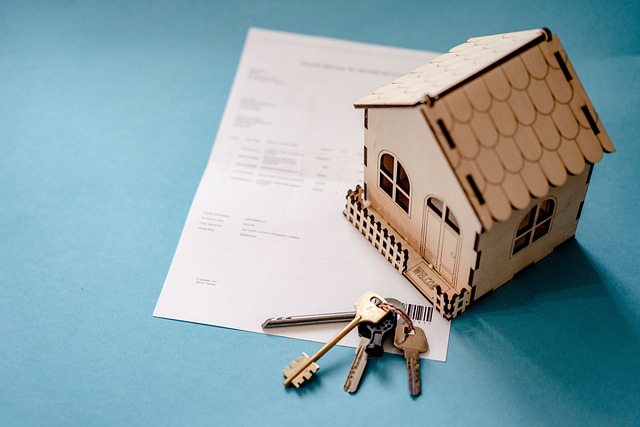
2023 marks another year where the Executive Condominium (EC) scheme remains a popular housing option for Singaporeans who aspire to own a larger home while navigating the property market with more affordability. This hybrid of public and private housing serves as a stepping stone for eligible couples and families to upgrade from Housing & Development Board (HDB) flats to a more spacious living environment without incurring the higher prices associated with private condominiums.
To be eligible for an EC in 2023, Singaporean applicants must fulfill certain criteria set by the CPF (Central Provident Fund) and Housing & Development Board. For a family or couple, both members must be first-time flat owners, which means they cannot own any other residential property at the time of application. Additionally, their monthly household income should not exceed the ceiling set by the National Affairs Office. SingPass account holders can check the latest eligibility details and requirements on the relevant government websites, as these may be subject to change to ensure that the EC scheme remains accessible to genuine applicants while maintaining its intended purpose within the Singaporean housing market.
Eligibility Criteria for Singaporeans to Apply for an EC in 2023
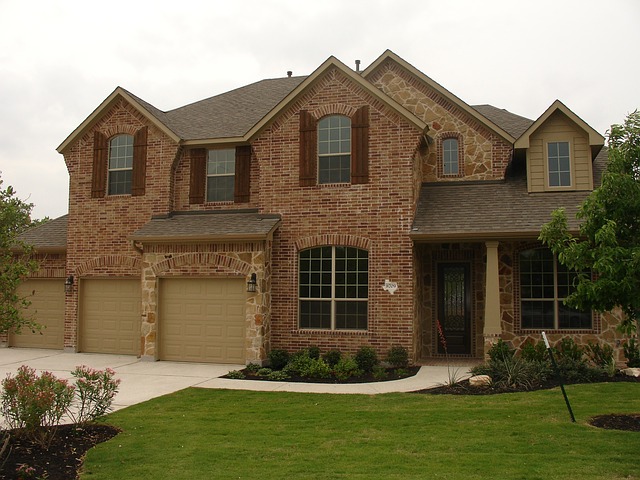
2023 marks a year for Singaporeans to consider their housing options, with the Executive Condominium (EC) remaining a popular choice due to its blend of affordability and benefits. To be eligible for an EC in 2023, Singaporean applicants must meet specific criteria set by the Housing & Development Board (HDB). For a start, they should not own any residential property at the time of application, including existing flat owners who are considering upgrading. Moreover, the applicant’s monthly household income should not exceed S$14,000. Couples where at least one person is a Singaporean must also have a minimum occupational rental (OR) of 8 months for at least one member of the household. These criteria are designed to ensure that EC units are accessible to those who need them most, providing a stepping stone for middle-income families to progress towards owning a more expensive flat in the future. Additionally, Singaporeans looking to purchase a 2023 Executive Condo must satisfy the Total Debt Servicing Ratio (TDSR) and Mortgage Servicing Ratio (MSR) requirements, ensuring financial stability and responsible borrowing. These eligibility conditions are subject to change, so prospective buyers should always refer to the latest guidelines from the HDB and CPF Board for the most current information.
Citizenship and PR Status Requirements for EC Eligibility in 2023

2023 marks a year where Singaporeans looking to purchase an Executive Condominium (EC) must satisfy certain citizenship and permanent resident (PR) status requirements. For a couple without any children, at least one member must be a Singaporean citizen. If they have at least two children, both parents are allowed to be PRs, provided the first flat or landed property they acquire or one that they have an equity interest in is purchased on or after 9 January 2014. For families with three or more children, all parents must be Singapore citizens, regardless of the date of acquisition of their first flat or landed property. These requirements are designed to balance the needs of families at different stages and ensure a stable population composition within EC developments.
In addition to the above, the eligibility criteria for applying for an EC also mandate that applicants must not own any residential property three months before the application. This ensures that ECs continue to serve as a housing option for young couples or families who aspire to upgrade from a Housing and Development Board (HDB) flat to a larger home in the future. The rules are subject to changes, so it is advisable for prospective buyers to refer to the latest guidelines from the Singapore government’s National Housing Board (HDB) before making any decisions. Prospective EC buyers in 2023 should carefully assess their citizenship and PR status along with their property ownership history to meet the eligibility criteria for this popular housing option.
Income Ceilings and Affordable Housing Grants for ECs in 2023
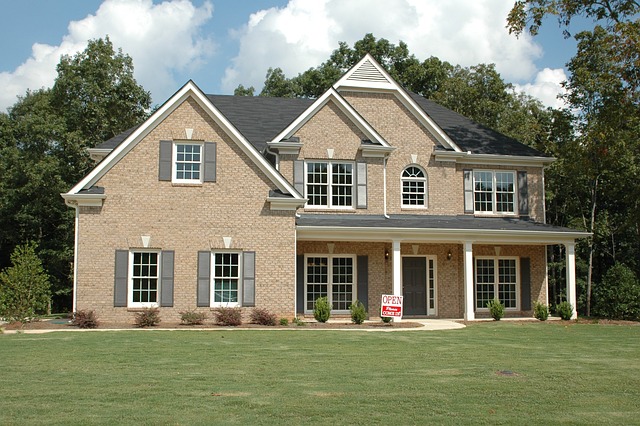
2023 Executive Condominium (EC) eligibility for Singaporeans is governed by specific income ceilings set forth by the Housing & Development Board (HDB). These ceilings are designed to ensure that ECs remain accessible to eligible applicants who can afford the monthly instalment without overextending their finances. For a household with an income of up to SGD $14,000, the maximum flat size for a 2-room Flexi EC is capped at 85 square meters. The higher the income bracket, the larger the flat size allowed, up to a ceiling of SGD $22,000 where eligible applicants can purchase a 136-square-meter flat. It’s important for prospective buyers to refer to the most current income ceilings as these figures are subject to change.
In addition to income ceilings, the Singapore government provides grants to offset the cost of purchasing an EC for eligible applicants. The CPF Housing Grant (CHG) and the Proximity Housing Grant (PHG) are two such financial aids available in 2023. The CHG offers substantial assistance, with amounts varying based on the flat type and location. The PHG, introduced to incentivize purchasing ECs near the homes of one’s parents or parents-in-law, further supports eligible applicants. Prospective buyers interested in an EC should explore these grants to determine their eligibility and the potential financial benefits they can receive when purchasing a 2023 Executive Condo.
Key Considerations: Mortgage and Loan Options for EC Purchases in 2023
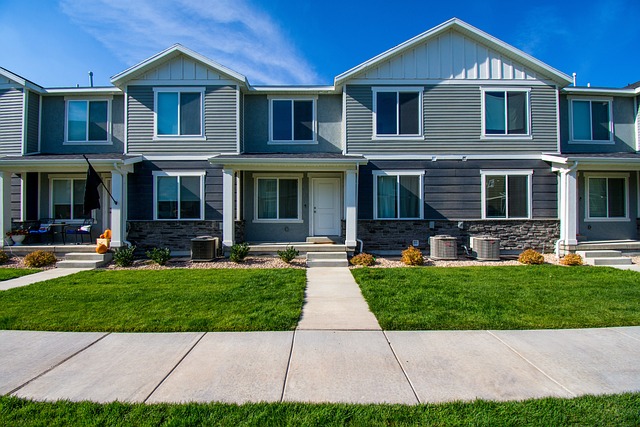
2023 Executive Condominiums (ECs) in Singapore continue to offer a compelling housing option for Singaporeans, particularly those who aspire to upgrade from public to private housing while benefiting from certain subsidies. When considering the purchase of an EC in 2023, prospective homeowners must explore the mortgage and loan options available to them. The interest rate environment has been dynamic, with fluctuations that can impact monthly payments and the total cost of ownership over the loan tenure. As such, it is advisable for buyers to compare fixed, variable, and split-rate mortgage packages offered by financial institutions. These packages will influence the affordability and sustainability of EC payments in the long term.
In 2023, Singaporeans are also navigating the updated loan-to-value (LTV) ratios and the Total Debt Servicing Ratio (TDSR). These frameworks, designed to ensure prudent borrowing, affect the size of loans that can be taken out for an EC purchase. Prospective buyers should also consider the deferment of the principal loan repayment during the initial months after the EC is completed and ready for occupation, known as the deferred payment scheme. This scheme allows for better cash flow management at the onset of EC ownership. With the 2023 Executive Condo market being robust, it is imperative for buyers to conduct thorough research and consult with financial advisors to select the most suitable mortgage and loan options that align with their long-term financial goals.
The Five-Year MOP: Post-EC Purchase Living Requirements for Singaporeans
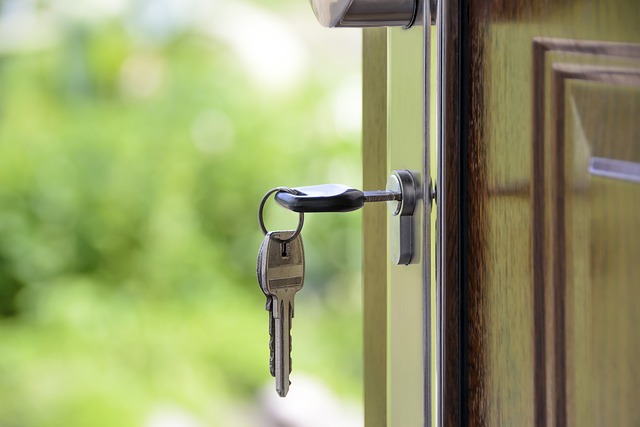
In 2023, Singaporean professionals and families have the opportunity to own an Executive Condominium (EC) under the Public Private Housing framework. One of the key eligibility conditions for Singaporeans interested in an EC post-housing grant is the Minimum Occupation Period (MOP). This requirement mandates that applicants must have occupied the EC as their sole residence for at least five years before they can sell it on the open market. During this MOP, if Singaporean owners need to move out, they are expected to rent out their EC. It’s crucial for potential EC buyers to understand this rule, as failing to comply with the MOP could result in penalties or the loss of subsidy benefits.
Furthermore, while residing in the EC, Singaporeans must adhere to the living requirements set forth by the Housing & Development Board (HDB). These conditions ensure that the property is kept as a home and not left vacant. This regulation supports the stability and sustainability of the housing market, particularly within the community of EC residents. Prospective buyers in 2023 should familiarize themselves with these post-EC purchase living stipulations to ensure compliance and maintain their eligibility for the home throughout the MOP. Understanding these conditions is integral for a smooth experience when owning and later selling an Executive Condominium in Singapore.
In conclusion, the Executive Condominium (EC) scheme in Singapore for 2023 presents a valuable housing option for eligible Singaporeans. With clear eligibility criteria that include citizenship and permanent resident status, income ceilings, and the availability of Affordable Housing Grants, prospective homeowners can navigate this opportunity with confidence. Prospective buyers should also be mindful of the five-year Minimum Occupation Period post-purchase to ensure continued eligibility. The range of mortgage and loan options available in 2023 further supports the affordability and accessibility of ECs for those looking to upgrade from HDB flats. As the landscape of Singapore’s housing market evolves, the EC scheme remains a cornerstone for sustainable living solutions within the public-private housing mix.
